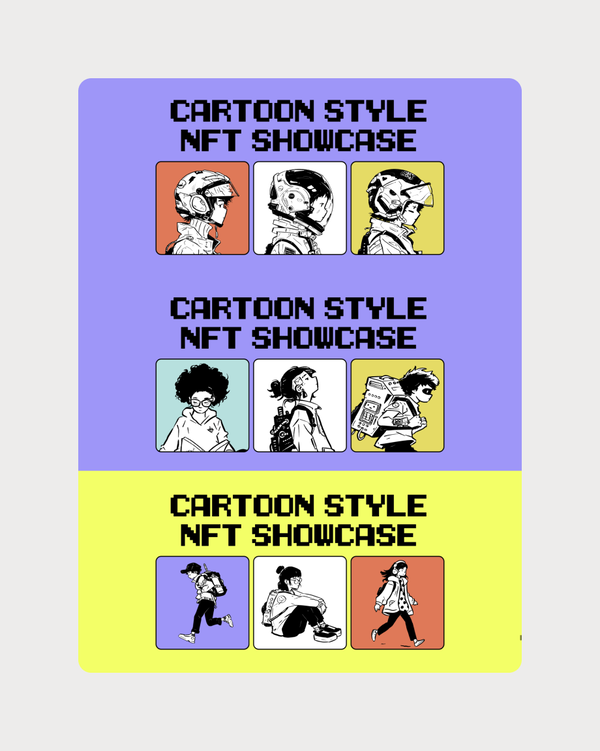Hostinger Website Builder Resources
Hostinger Website Builder Resources
Hostinger Website Builder
Web hosting is a service that allows individuals and organizations to make their websites accessible on the internet. In simple terms, web hosting is like renting space on a computer server to store and host your website files. This service enables users to publish their website contents online, making it available for viewing by people around the world.

Hostinger Website Builder
Hostinger Website Builder
1. Wix
Wix is a popular website builder that offers a wide range of templates designed for churches and religious organizations. With its drag-and-drop interface, users can easily customize their website to reflect their unique style and branding. Wix also offers a variety of features such as event calendar integration, online donation tools, and media galleries for sermons and other resources. Additionally, Wix provides reliable hosting services and SEO tools to help churches reach a wider audience online.
2. Squarespace
Squarespace is another user-friendly website builder that is well-suited for churches looking to create a modern and visually appealing website. With its stylish templates and customizable design options, Squarespace allows users to create a professional-looking site without any coding knowledge. Squarespace also offers features like event scheduling, donation forms, and social media integration, making it easy for churches to engage with their community online. Additionally, Squarespace provides responsive design capabilities, ensuring that your website looks great on any device.
3. Sharefaith
Sharefaith is a website builder specifically designed for churches, offering a comprehensive suite of tools and templates to help churches create a strong online presence. Sharefaith’s templates are tailored for churches and religious organizations, featuring customizable layouts and designs to suit any style. In addition to website building tools, Sharefaith also provides features such as sermon hosting, online giving options, and church management tools. Sharefaith also offers a library of resources including graphics, videos, and worship media to help churches enhance their online presence.
4. WordPress
WordPress is a versatile platform that can be used to create a wide range of websites, including church websites. With its extensive library of themes and plugins, users can easily customize their website to meet their specific needs and preferences. WordPress offers features such as event calendars, donation forms, and sermon hosting capabilities, making it a great choice for churches looking to engage with their congregation online. Additionally, WordPress is known for its robust SEO capabilities, helping churches improve their visibility in search engine results.
5. Weebly
Weebly is a user-friendly website builder that offers a range of features suitable for churches and religious organizations. With its drag-and-drop interface and customizable templates, users can easily create a professional-looking website without any coding knowledge. Weebly also provides features like event calendars, donation forms, and video hosting capabilities, making it easy for churches to share resources and connect with their community online. Weebly also offers reliable hosting services and responsive design options, ensuring that your website looks great on any device.
A web designer’s primary goal is to create a visually appealing website that engages users and encourages them to explore further. This involves using a combination of technical skills and creativity to design a layout that is both aesthetically pleasing and easy to navigate. Web designers must also have a good understanding of user experience (UX) design principles to ensure that the website is intuitive and user-friendly.
In addition to creating the overall design of a website, web designers are also responsible for implementing various features and functionalities. This includes integrating multimedia elements such as images, videos, and animations, as well as creating interactive elements like buttons, forms, and drop-down menus. Web designers may also be responsible for optimizing the website for search engines (SEO) to help improve its visibility and ranking in search results.
To be successful as a web designer, one must possess a strong foundation in graphic design principles, as well as a good understanding of web development technologies such as HTML, CSS, and JavaScript. These skills are essential for creating visually appealing and responsive websites that work seamlessly across different devices and browsers.
Web designers often work closely with clients or project managers to understand their requirements and objectives for the website. This involves conducting research, brainstorming ideas, and creating mock-ups or wireframes to present to the client for review and feedback. Once the design is approved, web designers then proceed to code and develop the website using various programming languages and tools.
There are many different types of web designers, each with their own area of expertise. For example, graphic designers specialize in creating visual elements such as logos, icons, and illustrations, while user interface (UI) designers focus on designing the layout and overall look and feel of a website. User experience (UX) designers, on the other hand, are more concerned with how users interact with the website and how to improve their overall experience.
The role of a web designer can vary depending on the size and scope of the project. For small businesses or individuals looking to create a simple website, a web designer may be responsible for all aspects of the design and development process. However, for larger, more complex projects, web designers may work as part of a team alongside web developers, content creators, and digital marketers to bring the website to life.
In addition to technical skills, successful web designers also possess strong communication and problem-solving abilities. They must be able to effectively communicate their ideas and collaborate with others to bring a project to completion. Web designers must also be able to adapt to changes and solve problems quickly and efficiently, as technology and design trends are constantly evolving.

How to Hostinger Website Builder
Hostinger Website Builder
In conclusion, AI website builders offer a quick and easy way to create a professional-looking website without the need for coding knowledge. Whether you are a small business looking to establish an online presence or an entrepreneur looking to showcase your products or services, AI website builders can help you create a website that reflects your brand identity and attracts customers. With their user-friendly interfaces and AI-powered tools, platforms like Wix, Squarespace, Weebly, and Adobe Dreamweaver are some of the best options available in the market today. Choose the AI website builder that best suits your needs and start building your online presence today.


